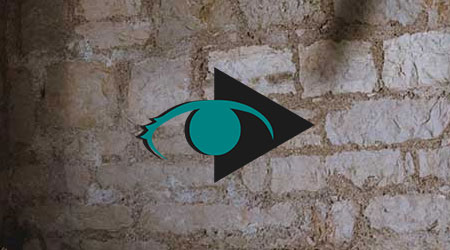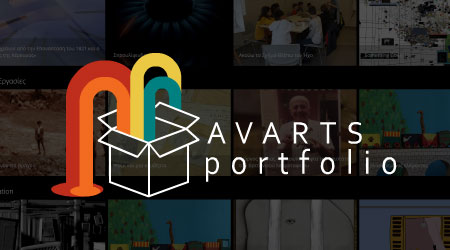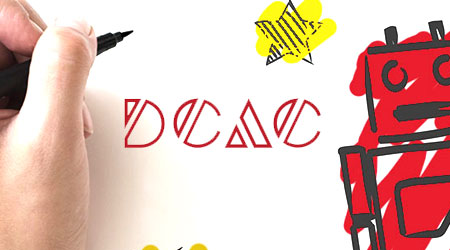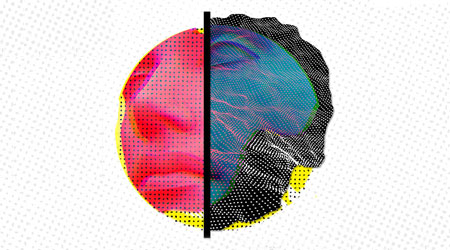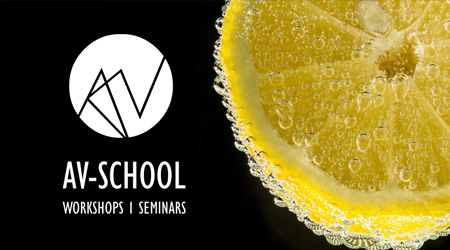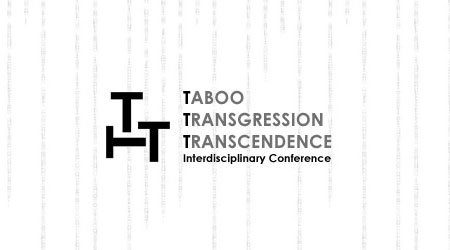Mathematics for Audiovisual Technology
Teaching Staff: Panagopoulos Michail
Course Code: TEC414
Course Category: General Background
Course Type: Elective
Course Level: Undergraduate
Course Language: Greek
Delivery method: Lectures
Semester: 4th
ECTS: 7
Teaching Units: 4
Teaching Hours: 4
E Class Page: https://opencourses.ionio.gr/modules/contact/index.php?course_id=2321
Teaching Structure:
| Activity | Semester Workload |
|---|---|
| Lectures | 26 |
| Lab Lectures | 26 |
| Literature Study and Analysis | 80 |
| Practice and Preparation | 43 |
| Course Total (ECTS: 7) | 175 |
Recquired / Recommended : THE104
Prerequisite to / Recommended to: (AUD623), (AVA745), VIS832
In the context of this course, basic knowledge required for understanding concepts concerning mostly issues of technological nature is given. The course is organised in four thematic units (analysis, algebra, analytic geometry and probabilities-statistics), in which the theoretical approach and presentation of the subjects and the respective mathematical concepts are combined with concrete examples of audiovisual technologies applications (e.g. development of algorithms for interactive audiovisual applications). Special emphasis is placed on the application of mathematical concepts through examples and drills related to sound and image technologies, using the mathematical package Matlab.
The objective of the course is to provide to the students a general overview of the fondamental mathematics that are used in the audio and image processing together with the mathematics needed for 2d and 3d computer graphics.
The successful attendance of the course offers the ability to the corresponding students to:
- draw plots of functions and curves both in theory and in the computer
- know the derivatives (one or two variables) and calculate intergals
- understand analytic geometry and descrete mathematics
- write code in Octave (or MATLAB) that is applied for mathematical transforms
1st Week
General introduction to the course. Basic elements of function plots in programming environment.
LAB:Introduction to Octave environment. Running simple programms for creating the plots of strait lines and parabolas
2nd Week
Functions: limits, continuous functions, derivatives. Basic functions (linear, logarithmic, exponential etc). Even – odd functions, invert function, composite functions.
LAB: Plots of cirlces in Cartesian and polar coordinates
3rd Week
Calculus. Derivatives – derivatives of basic functions. The derivative of the sum and product of functions. Local minimum and local maximum
LAB:
4th Week
Integrals: Introduction to integrals – antiderivative integral – definite integral. Integrals of basic functions. Trapezium method.
LAB: Plot of the transverse on specific point
5th Week
Integration with substitution – integration by parts. Calculation of the curve length
LAB: Run and analyse the trapezium methond on computer
6th Week
Multiple variable functions – partial derivatives.
LAB: Calculation of curve length
7th Week
Chain rule – examples. Vectors – internal product – external product
LAB: Spiral graphics – (2d and 3d)
8th Week
Vector analysis: Vector functions – 2 variable vector functions . Gradient of functions
LAB: Sphere plotting
9th Week
Vertical vector - transverse
LAB:Cone graphic (cylinder)
10th Week
Fourier tranform, Fourier sequence, Fourier integral
LAB: Descrite Fourier transform (FFT)
11th Week
Sequenses – Series – definitions, sequence limit – arithmetic and geometric series. Convergent series – divergent series
LAB: Solving 3x3 systems
12th Week
Combinatorics – Probabilities: ordering – permulation. Ordering with repeat. District probability
LAB: Plots of probability functions
13th Week
General overview – past exams exercises
Wrede Robert C., Spiegel Murray R. (2015). Ανώτερα Μαθηματικά – Σειρά Schaum
B.S.Grewal (2014). Higher Engineering Mathematics. Khanna Publishers
Teaching is taking place in the classroom where the basic theory is presentment together with provided examples. The lab part of the course includes practice with coding
Enhanced by multimedia content.
The learning process is supported by the asyncrhonous e-learning platform e-class.
The evaluation is a result of the final written exam.
Back
| << | < | April 2024 |
> | >> | ||
| Mo | Tu | We | Th | Fr | Sa | Su |
1 |
2 |
3 |
4 |
5 |
6 |
7 |
8 |
9 |
10 |
11 |
12 |
13 |
14 |
15 |
16 |
17 |
18 |
19 |
20 |
21 |
22 |
23 |
24 |
25 |
26 |
27 |
28 |
29 |
30 |
|||||
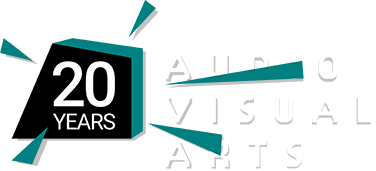


 Mathematics for Audiovisual Technology
Mathematics for Audiovisual Technology